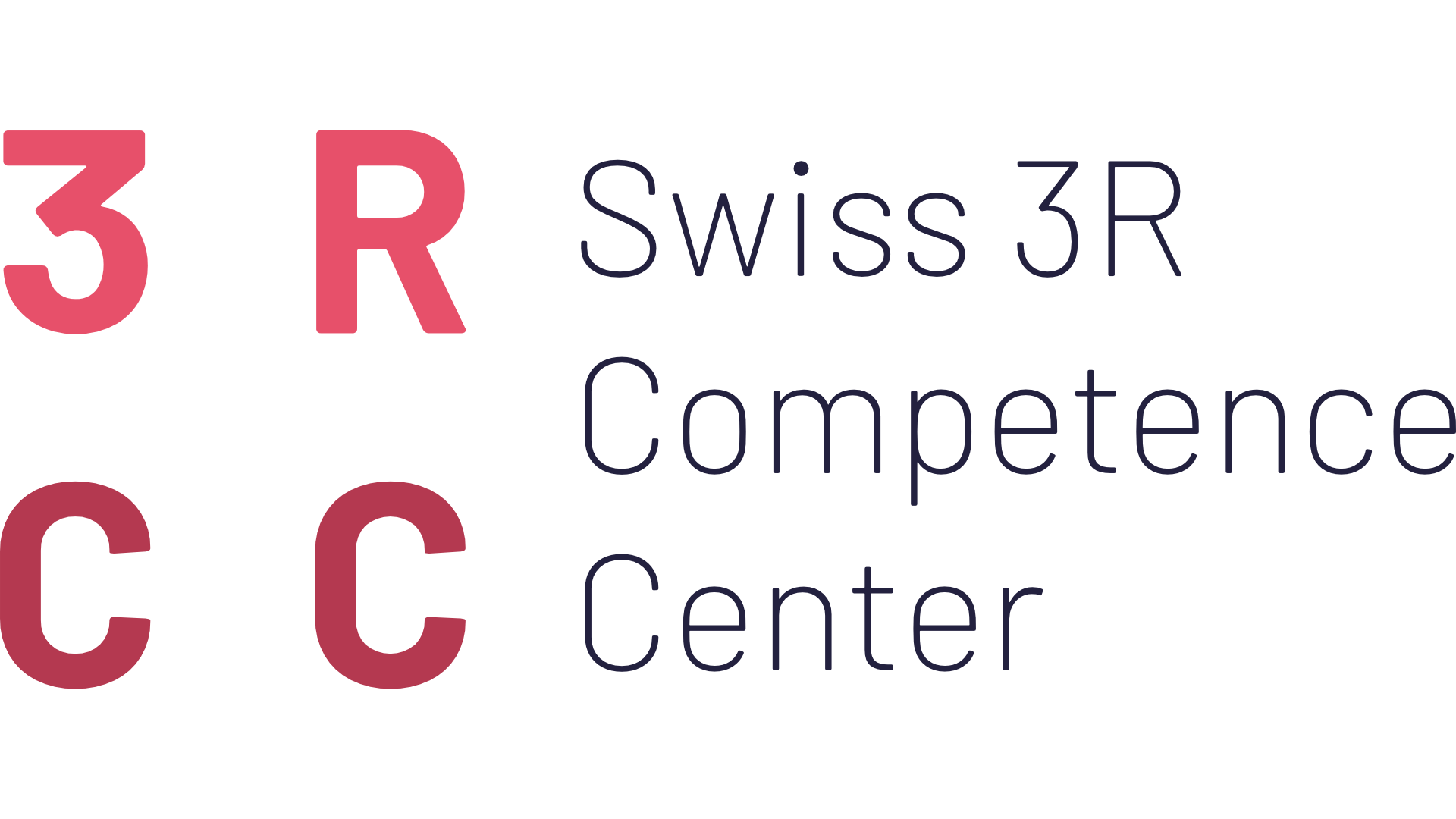BACKGROUND
Our main aim is to expand the knowledge about mammalian brain development under physiological and teratogenic conditions. We consider that understanding how the balance between different kinds of progenitors is affected by teratogenic agents is of critical scientific interest. This knowledge will allow us to better interpret previous knowledge on the patterning of the brain and provide an example of the organizing principles of the dorsoventral axis at the cellular level. Furthermore, it will give us extrapolated information on the mechanism and effects of these teratogens in human pregnancies.
AIMS
Weizmann Institute of Science (Israel) -> EPFL
The method that I aim to learn more about is called ex-utero system which has developed by the Hanna lab in the Weizmann Institute. It has revolutionized the embryology field to allow a faithful recapitulation of the different stages of mouse development. The method enables two different approaches. Firstly, it is possible to grow mouse embryos dissected from pregnant mice at embryonic day 5.5 until embryonic day 11.5. And secondly, a complementary technique (the sEmbryo method) allows the generation of synthetic embryos resembling the E8 mouse developmental stage from the self-assembly of naïve mouse ES cells. Both methods use a custom incubator system capable of gas pressure control and maintaining the embryo-containing flasks in constant rotation.
Although techniques for growing mammalian embryos ex utero have been proposed since the 1930s, they have remained highly inefficient and allowed the embryos to be cultured for 1-2 days. However, Hanna’s lab has developed a stable and efficient protocol for extended culturing from pre-gastrulating mouse embryos until advanced organogenesis. Also, this newly developed approaches to conducting partial embryogenesis exutero are exciting because it is a scalable and 3R-compliant alternative to many experimental setups.

